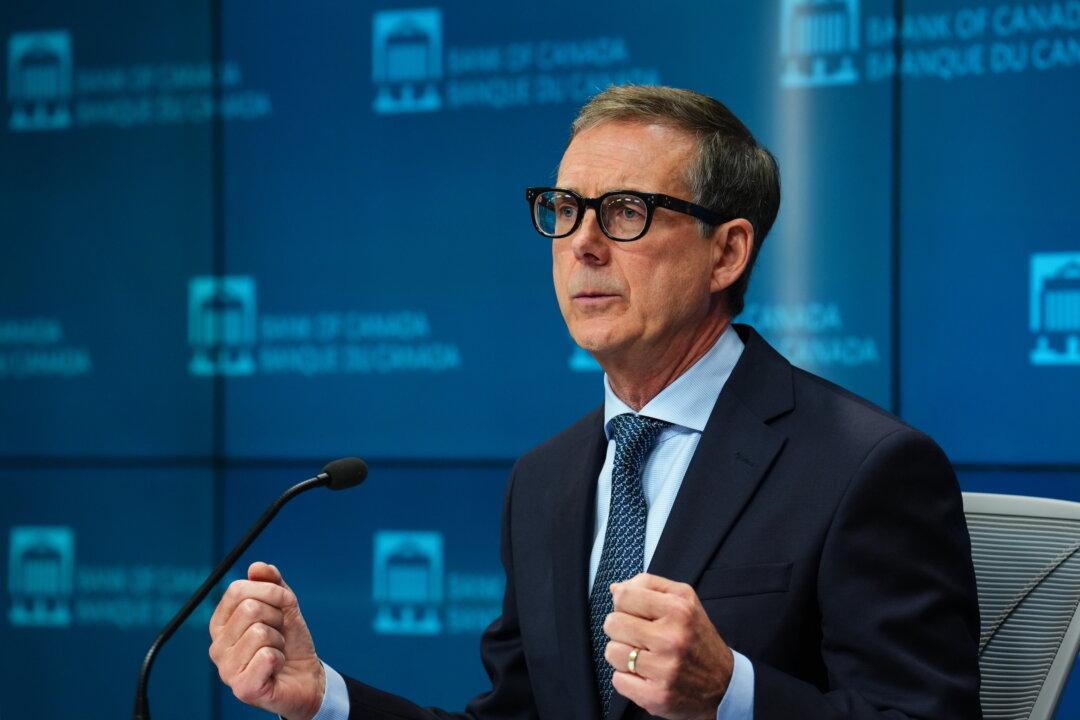Bank of Canada Governor Tiff Macklem said on Dec. 13 that the period of low inflation in recent years is the product of solid growth through globalized and free trade, but the lack of sharing these benefits has created a backlash and these “forces are shifting.”
“The failure to adequately share the benefits of growth have fuelled populism that is causing countries to turn inward,” Macklem said during his year-end address hosted by the Business Council of British Columbia.





